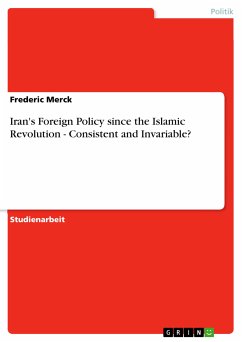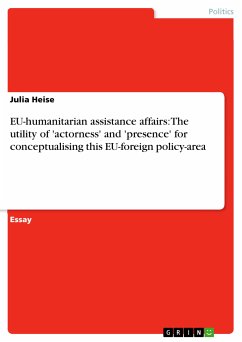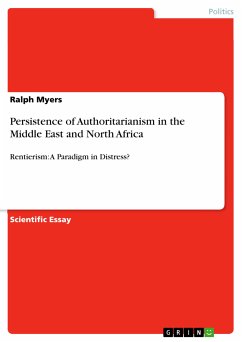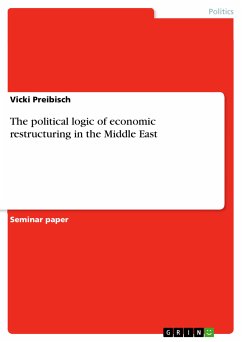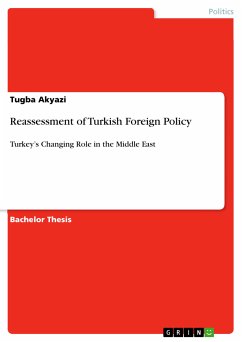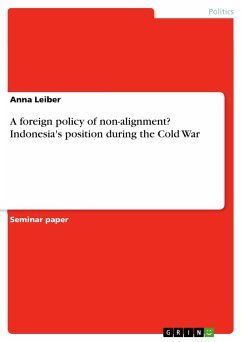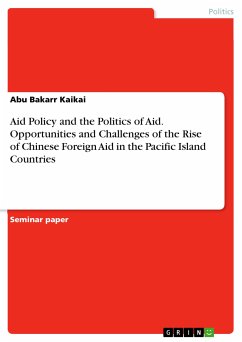Studienarbeit aus dem Jahr 2006 im Fachbereich Politik - Region: Naher Osten, Vorderer Orient, Note: 1,3, Middle east technical university; Ankara (Department of International Relations), Veranstaltung: Middle East in World Affairs, Sprache: Deutsch, Abstract: [...] Iran is a key player in Middle Eastern politics, especially in the Gulf area, and has been a nemesis of the United States for decades. The Islamic Revolution in 1979 has created a new Iran that, in its roots, accounts for fundamentalist Islamic laws and doctrines, the export of its revolutionary ideology and rejection of western culture or values. But has Iranian foreign policy always been a constant in the country’s history after the Islamic Revolution and immune to change? Has it always been an instrument for the expression of Islamic revolutionary ideas and animosity toward the west? Or did it change significantly during the different political periods? If yes, what were the reasons for those changes? These are the questions and issues this work intends to give answers and explanations to. In this context Iran’s foreign policy agenda in the different periods of Iranian politics will be examined. Also the country’s relations with the Western world, that is the United States and mainly the Western European countries, respectively the European Union, will be emphasized in order to identify the implementations of its foreign policy in practice. Chapter 2 will deal with Iran’s foreign policy under the influence of Ayatollah Khomeini. The period of transition (Chapter 2.1.) and the time of Islamic consolidation and manifestation of the isolation policy (Chapter 2.2.) will be regarded separately. Chapter 3 will analyse the foreign policy of Iran during the presidency of A. H. Rafsanjani and identify a first shift in the policy paradigm. In order to serve this work’s thesis a major part of this work will be dedicated to Chapter 4 which examines the aspects of Iranian foreign policy under Mohammad Khatami, due to their significance in this regard. In each of the mentioned chapters a subchapter will take a closer look at Iran’s relations with the West (Chapters 2.3., 3.2., 4.2.). Despite the fact that scientific research material about the recent election of Mahmoud Ahmadinejad as the new president of Iran and the abovementioned events does not yet exist, chapter 5 will give a comment on this issue out of the composer’s perspective. Eventual Chapter 6 will draw a conclusion and formally give an answer to the work’s main question.
Bitte wählen Sie Ihr Anliegen aus.
Rechnungen
Retourenschein anfordern
Bestellstatus
Storno

